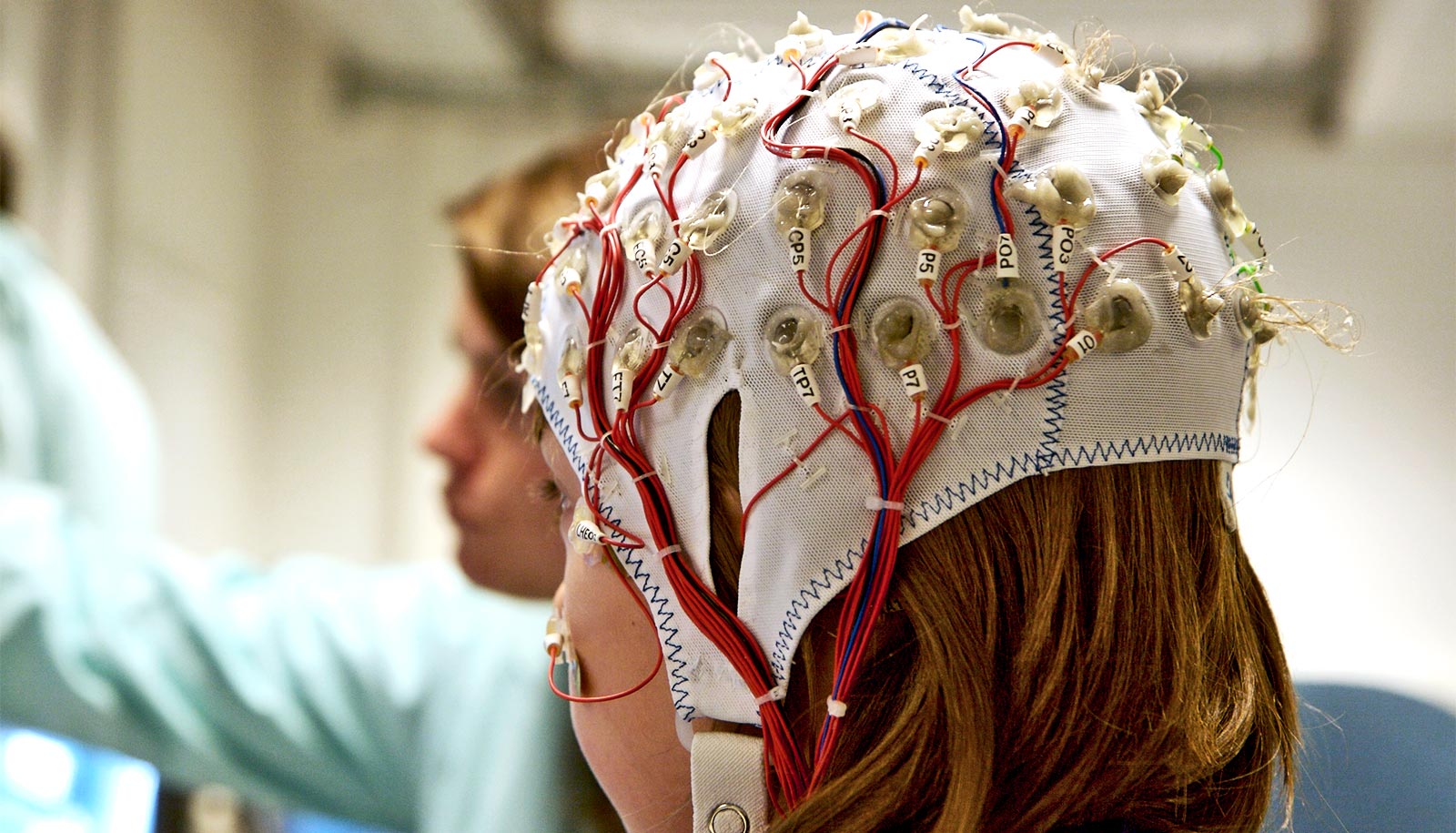Solar geoengineering might work, but local temperatures could keep rising for years
Injecting reflective particles into the atmosphere won’t immediately cool the entire planet. A new study shows how parts of the US, China and Europe might still see temperatures rising a decade later.
Sept. 27, 2022 • ~8 min









